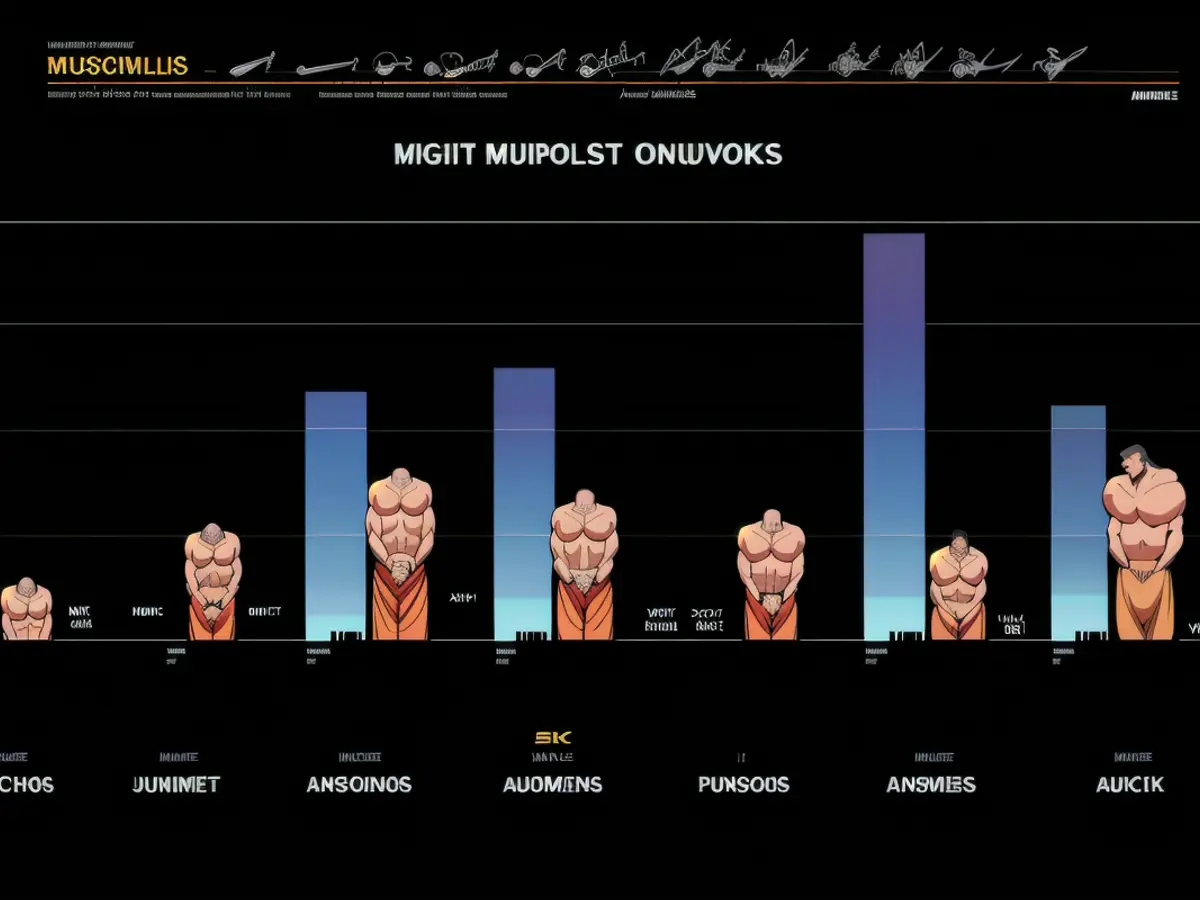Considering GE Aerospace Seems Overpriced? This Diagram Could Alter Your Perspective.
GE Aerospace (GE's stock dropping by 0.36%) is being traded at a staggering 33.6 times projected earnings for 2025. While this might seem excessive, it's crucial to remember that GE is a key provider (with commercial airplane engines being its main revenue source) in an industry with astronomical barriers to entry, and GE holds the top spot in this competitive scene.
Let me explain why the stock deserves a premium rating.
A sustained period of revenue generation
Selling airplane engines isn't inherently lucrative, as usually, engines are sold at a loss. However, major commercial engine manufacturers like GE Aerospace, RTX, and Rolls-Royce make substantial profits through the ongoing, higher-margin revenue generated from aftermarket/services contracts, which often span several years. Since airplane engines can last over 40 years, it's undeniable that GE will generate a continuous stream of earnings and cash flow from every engine sold or installed across the global airline fleet.
GE and its partnership, CFM International, command a significant market share. For instance, in the narrowbody market, CFM's LEAP engine is the exclusive option for the Boeing 737 MAX and the Comac C919, and it is one of two options for the Airbus A320-neo family. Meanwhile, in the widebody market, GE's GEnx is one of two options on the Boeing 787 and the sole option for the 777X, while GE's CF6 powers the Airbus A330.
This solid market dominance guarantees that GE will continue to secure significant equipment and service orders – essential for sustainably propelling its growth.
Boost in orders amid challenging conditions
GE's impressive order growth should be considered in light of the challenges it faced in engine deliveries and the curtailment of airplane production plans from both Boeing and Airbus. Despite these obstacles, equipment order growth has seen impressive growth, and service orders have further increased due to the increased use of older aircraft.
These stats underscore the strength of GE's market position, business moat, and long-term growth prospects, thus justifying the premium rating it deserves.
Investors looking to capitalize on GE Aerospace's long-term growth potential might consider investing some of their money in the company's stock. The finance sector often rewards companies with robust market positions and substantial aftermarket revenue, like GE, with a premium rating due to their reliable income streams.
As GE Aerospace continues to dominate key market segments, such as the narrowbody and widebody engines, its steady stream of orders and service contracts are set to fuel its financial growth for years to come. This strong market position, coupled with its significant revenues from aftermarket contracts, makes GE an attractive investment opportunity for those seeking profits in the finance sector.





